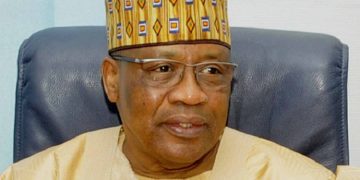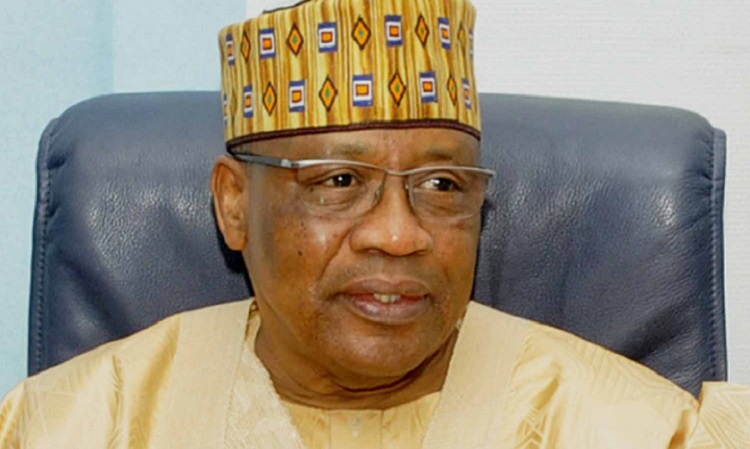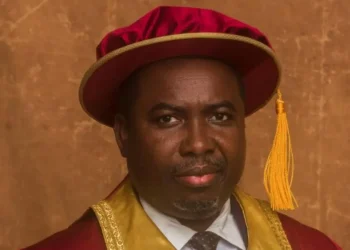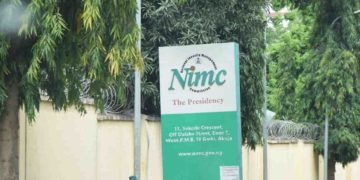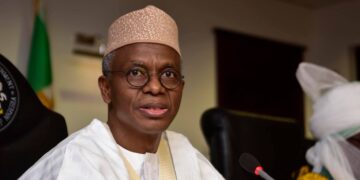Ibrahim Babangida, the former military dictator of Nigeria, remains a polarizing figure in the nation’s history, known for his authoritarian rule, political maneuvering, and controversial decisions. Babangida’s tenure as Nigeria’s military leader was marked by both progress and setbacks, with his legacy overshadowed by the annulment of the 1993 presidential election and his involvement in various political controversies.
In this Ibrahim Babangida biography, we delve into the life and actions of Ibrahim Babangida, examining his impact on Nigerian politics and society:
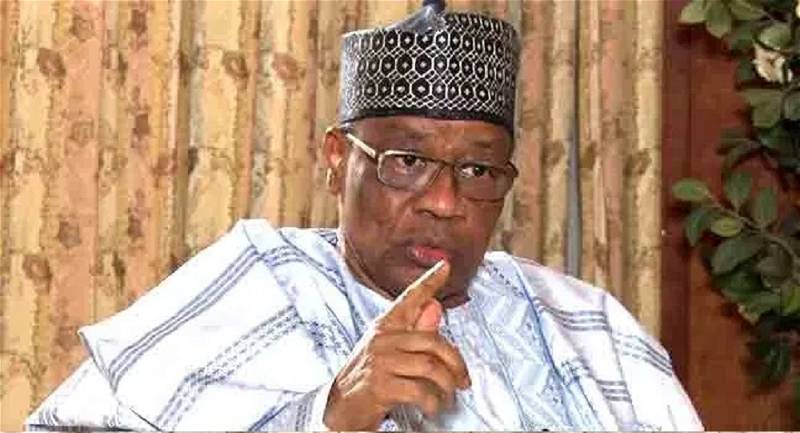
Ibrahim Babangida’s Rise to Power and Military Rule:
Ibrahim Badamasi Babangida was born on August 17, 1941, in Minna, Nigeria, and rose through the ranks of the Nigerian military to become one of the country’s most powerful figures. In 1985, following a military coup, Babangida seized power from Muhammadu Buhari, assuming the role of Nigeria’s military head of state.
Babangida’s tenure as military ruler was characterized by a mix of authoritarianism and reform. He initiated economic liberalization measures, including the Structural Adjustment Program (SAP), aimed at stabilizing Nigeria’s economy and attracting foreign investment. However, his administration was also marked by widespread corruption, human rights abuses, and political repression, as Babangida consolidated power and stifled dissent.
Annulment of the 1993 Presidential Election:
One of the most controversial episodes of Ibrahim Babangida’s rule was the annulment of the June 12, 1993, presidential election, widely regarded as Nigeria’s freest and fairest election. The election, won by businessman Moshood Abiola, was annulled by Babangida’s government, plunging Nigeria into a political crisis and sparking widespread protests and unrest.
The annulment of the election was met with outrage both domestically and internationally, and Babangida’s decision to nullify the results undermined Nigeria’s fledgling democracy and eroded public trust in the government. The fallout from the annulled election ultimately led to Babangida’s resignation from office in 1993, as he handed over power to an interim civilian government.
Legacy and Continuing Controversy:
Despite his efforts to portray himself as a reformer and modernizer, Ibrahim Babangida’s legacy is tainted by his authoritarian rule, political machinations, and the annulment of the 1993 presidential election. His tenure as military dictator left a deep imprint on Nigerian politics and society, shaping the country’s trajectory in the years that followed.
In the decades since leaving office, Babangida has remained a controversial figure, with his actions and decisions continuing to spark debate and controversy. While some view him as a pragmatic leader who sought to modernize Nigeria’s economy and society, others see him as a dictator who undermined democracy and perpetuated corruption and impunity.
Ibrahim Babangida’s biography is a complex and contentious one, reflecting the challenges and contradictions of Nigeria’s political history. While he played a significant role in shaping Nigeria’s economy and political landscape during his time in power, his legacy is marred by his authoritarian rule, political manipulation, and the annulment of the 1993 presidential election. As Nigeria continues to grapple with the legacy of military rule and the quest for democracy and good governance, the actions and decisions of leaders like Ibrahim Babangida serve as a reminder of the importance of upholding democratic principles, respecting human rights, and fostering transparency and accountability in governance.
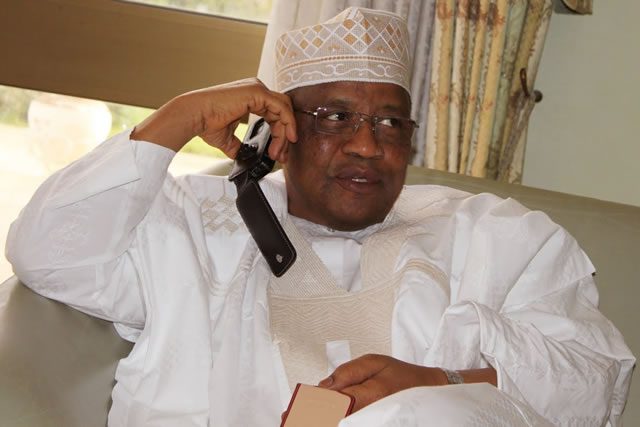
In conclusion, Ibrahim Babangida’s legacy as a former military dictator of Nigeria is a complex and contentious one, marked by both progress and setbacks, and overshadowed by his role in various political controversies, including the annulment of the 1993 presidential election. While some may view him as a reformer who sought to modernize Nigeria’s economy and society, others see him as an authoritarian leader who undermined democracy and perpetuated corruption.
As we reflect on Babangida’s impact on Nigerian politics and society, it is important to engage in open and honest dialogue about his legacy and the lessons to be learned from it. By sharing our opinions and perspectives in the comments section below, we can contribute to a deeper understanding of Nigeria’s history and the ongoing quest for democracy, accountability, and good governance.
Let us seize this opportunity to exchange ideas, foster empathy, and work together towards a brighter future for Nigeria and its people. Your voice matters, join the conversation today!
